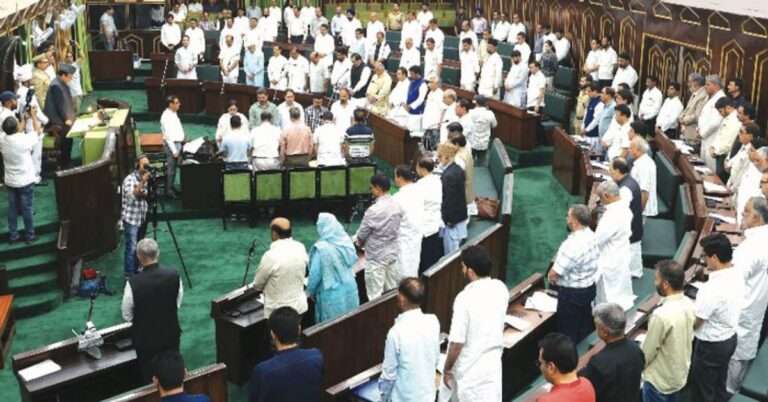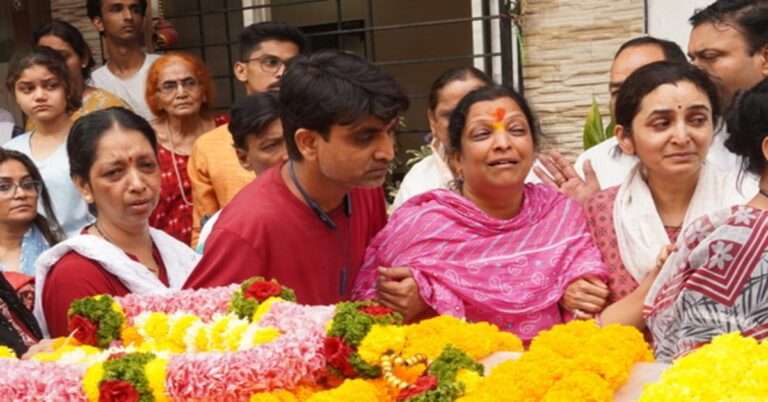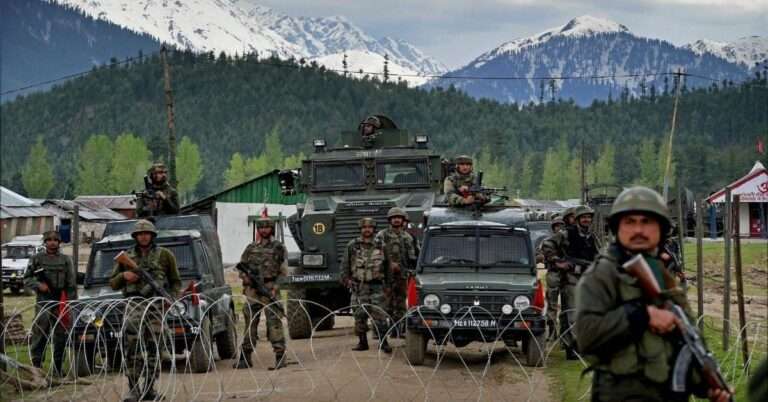
"Supreme Court Questions if Multiple FIRs Can Arise from Single Speech"
Supreme Court Questions if Multiple FIRs Can Arise from Single Speech
Have you ever wondered if multiple FIRs can arise from a single speech? Well, the Supreme Court recently addressed this very question in a plea filed by Sharjeel Imam. Let’s delve into the details of this intriguing case and explore the implications of the Supreme Court’s query.
In a recent hearing, the Supreme Court raised a crucial question regarding the potential proliferation of FIRs stemming from a single speech. Sharjeel Imam, the petitioner in this case, found himself in legal hot water after allegedly delivering a controversial speech that sparked outrage in certain quarters. The key issue at hand was whether multiple FIRs could be registered against an individual based on a single speech or statement.
This case raises important considerations about free speech, legal boundaries, and the intersection of law and public discourse. The Supreme Court’s query reflects a nuanced understanding of the complexities involved in balancing freedom of expression with the responsibility to uphold the rule of law.
Understanding the Legal Framework
To grasp the significance of this case, it’s essential to delve into the legal framework governing the registration of FIRs. In India, an FIR (First Information Report) is a crucial document that sets the wheels of the criminal justice system in motion. It serves as the foundational record of a criminal offense and triggers the investigation process.
When it comes to the registration of multiple FIRs arising from a single speech, several factors come into play. The legality and validity of such FIRs hinge on the interpretation of relevant legal provisions, precedents, and constitutional principles. The Supreme Court’s intervention in this matter underscores the need for clarity and consistency in applying the law.
Exploring the Implications
The Supreme Court’s query has far-reaching implications for the legal landscape in India. It raises fundamental questions about the interpretation of laws concerning free speech, sedition, incitement, and criminal liability. By probing the issue of multiple FIRs arising from a single speech, the court is grappling with the delicate balance between individual rights and societal interests.
This case underscores the importance of upholding constitutional values, protecting fundamental rights, and ensuring that legal processes are fair and transparent. It also highlights the need for clarity and coherence in legal interpretations to prevent arbitrary or overreaching actions by law enforcement authorities.
Challenges and Controversies
The case of multiple FIRs arising from a single speech is not without its challenges and controversies. On one hand, proponents argue that such measures are necessary to curb hate speech, incitement of violence, and other harmful actions. On the other hand, critics raise concerns about the potential for misuse, censorship, and chilling effects on free speech.
Navigating these thorny issues requires a careful balancing of competing interests, constitutional principles, and societal norms. The Supreme Court’s intervention in this case reflects a commitment to upholding the rule of law while safeguarding individual liberties and democratic values.
Looking Ahead
As the case involving Sharjeel Imam unfolds, it will be interesting to see how the legal landscape evolves and how the Supreme Court’s query shapes future jurisprudence. This case serves as a reminder of the intricate dance between law, politics, and public discourse in a democratic society.
In conclusion, the Supreme Court’s question regarding the possibility of multiple FIRs arising from a single speech raises important considerations about the boundaries of free speech, legal accountability, and the role of the judiciary in safeguarding the rule of law. It underscores the complexities and challenges inherent in balancing competing interests and values in a diverse and dynamic society.
As we await further developments in this case, let us reflect on the delicate balance between individual rights and collective responsibilities, between freedom of expression and legal constraints. The Supreme Court’s query highlights the ongoing quest for a just and equitable legal system that upholds the rights and dignity of all individuals while ensuring peace, harmony, and justice for society as a whole.




